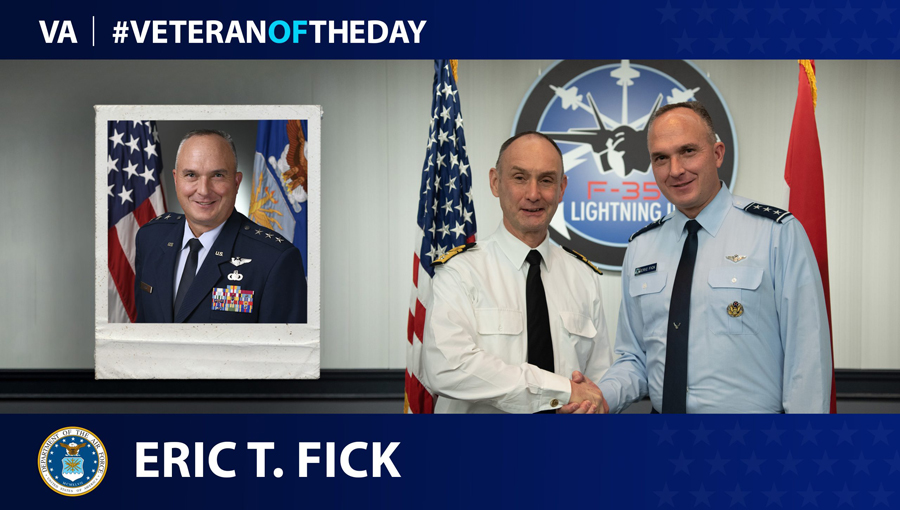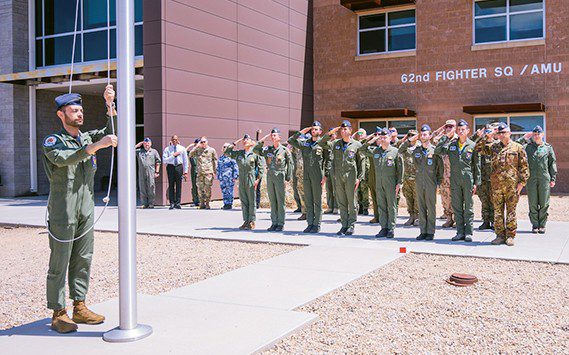
Joining the Air Force in 1990 after his graduation from The University of Notre Dame, Eric Fick has led an exceptional military career spanning more than 32 years.
Beginning his service at Hill Air Force Base, Utah, he served as a logistics plans and programs officer until 1992. He continued serving in Utah as a mechanical systems engineer before moving to Ohio in 1994. He then attended the Air Force Institute of Technology and graduated in 1995 with a masterís degree in engineering. He remained in Ohio until 1997 to serve as a flight test program manager at Wright-Patterson Air Force Base.
For the next several years, Fick served in various positions across several U.S. states. He served in California for a year, studying at the U.S. Air Force Test Pilot School; in Florida, where he served as a flight test engineer†positions; and in Alabama, where he was a student at the Air Command and Staff College.
Fick then moved to Virginia, where he served at the Pentagon as the director at the Air Force Program Executive Office, the chief of the Air Dominance Branch and the deputy chief of the Air Force Senate Liaison Office. He then returned to Florida in 2005 to serve as an operations officer at the 46th Test Squadron at Eglin Air Force Base before taking command of the unit a year later.
When he returned to the D.C. area, Fick attended the Industrial College of the Armed Forces at Fort McNair, Va. He then served in Virginia and Ohio across several high-ranking roles, beginning with his service as commander of the Advanced Combat Systems Group in Virginia. He then served in Ohio as a program executive officer for the directorate. Fick returned to Virginia, where he served the remainder of his career, first as director of the Global Reach Programs, then as deputy program executive officer and director of the F-35 Lightning II Joint Program Officeóhis final position before retiring†in July 2022.
As director of the F-35 Lightning II Program, Fick managed the F-35A/B/C, the next-generation strike fighter system for several branches of the military as well as various U.S. partners. During his five years of service as deputy program executive officer and director, the F-35 program grew to include more than 800 aircraft and to operate in many parts of the world. Fick credited the program’s personnel for its noteworthy expansion in his final speech as director, after which a ceremony was held to celebrate his unique career.
In addition to his service in the highest levels of the U.S. Air Force, Fick earned many medals throughout his career, including a Defense Distinguished Service Medal, a Distinguished Service Medal, a Defense Superior Service Medal, a Legion of Merit and several more.
We honor his service.











